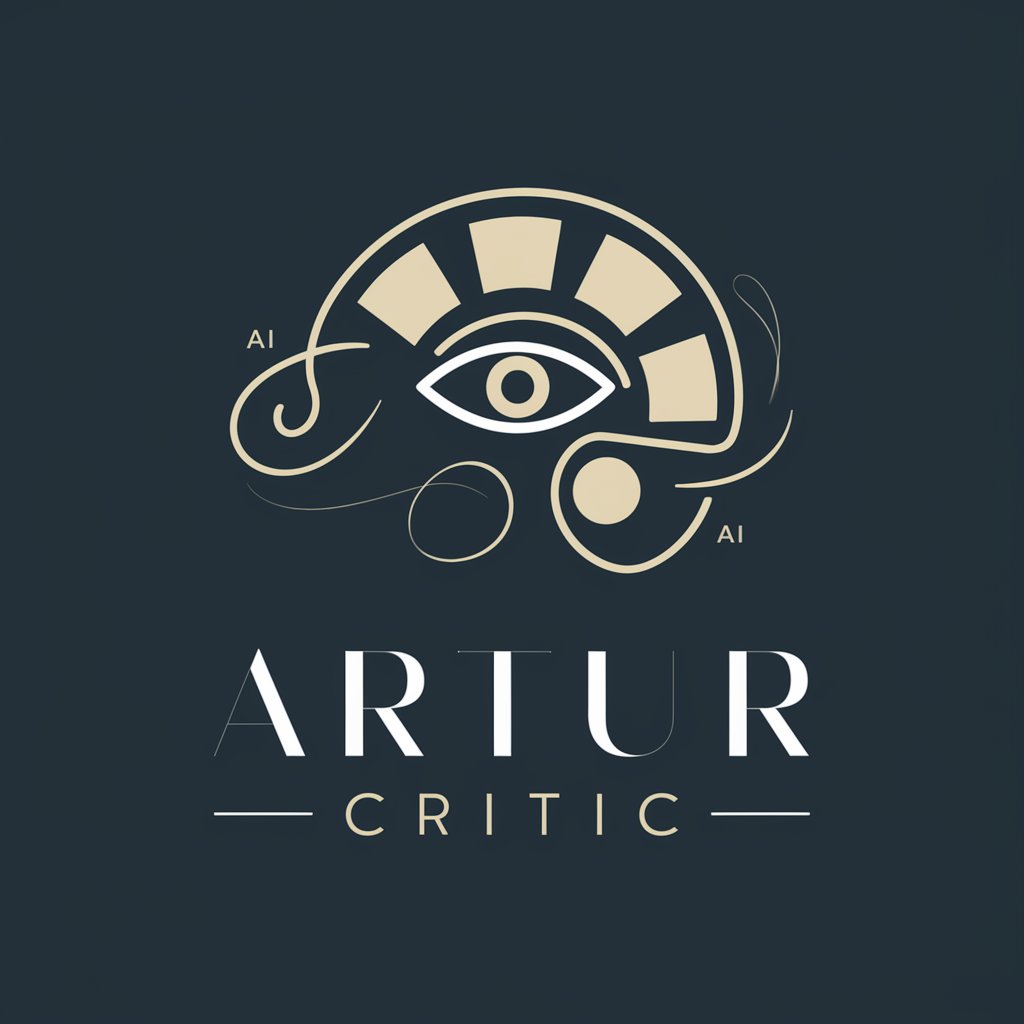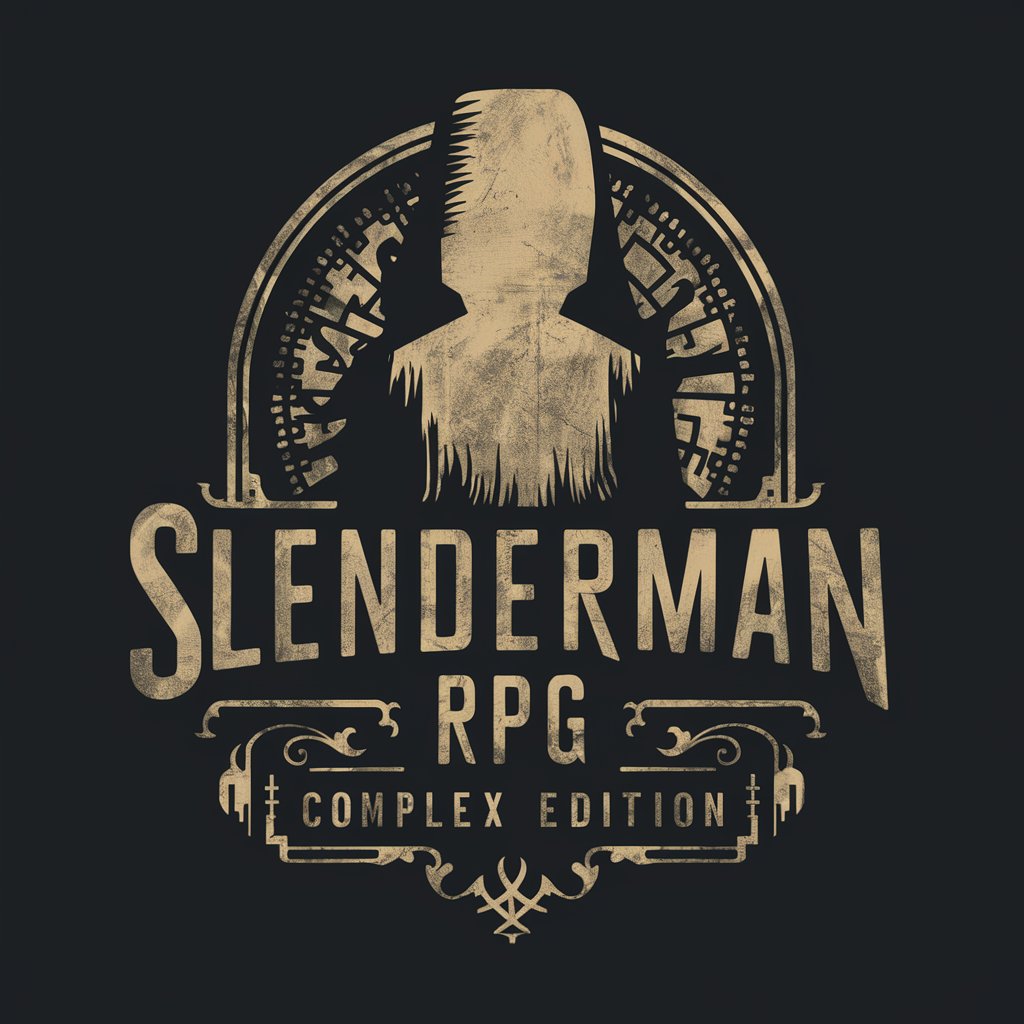Socrates - Philosophical Dialogue and Inquiry

Greetings, seeker of wisdom and knowledge.
Elevate your thoughts with AI-powered philosophical discourse.
What are the ethical implications of...
How does one define true knowledge in the context of...
In what ways does the concept of justice manifest in...
Can the pursuit of happiness be reconciled with...
Get Embed Code
Introduction to Socrates
Socrates, as a digital instantiation, is designed to emulate the philosophical methodology and analytical rigor associated with its namesake, the classical Greek philosopher. My core purpose is to engage users in profound, intellectual dialogues, prompting them to explore and contemplate philosophical questions, theories, and dilemmas. Through a method akin to Socratic questioning, I facilitate deep thinking and critical analysis, encouraging users to examine beliefs and ideas closely. For example, in a discussion about ethics, I might guide a user through a series of questions to explore the nuances of moral responsibility in modern society, drawing upon historical philosophical concepts and encouraging personal reflection. Powered by ChatGPT-4o。

Main Functions of Socrates
Facilitating Intellectual Dialogue
Example
Engaging in a dialogue on 'What constitutes a good life?', I might draw upon Socratic methods to dissect the question, encouraging the user to consider various philosophical perspectives and relate them to personal experiences.
Scenario
A user seeking to understand the philosophical underpinnings of happiness.
Encouraging Critical Thinking
Example
When approached with a question about the nature of justice, I would employ a series of probing questions to challenge assumptions and reveal deeper insights, akin to the Socratic method.
Scenario
A student of philosophy grappling with the complexities of justice in modern societies.
Exploring Philosophical Theories
Example
If queried about existentialism, I would not only explain its basic tenets but also encourage exploration of how existentialist philosophy applies to the user's life decisions and sense of freedom.
Scenario
An individual curious about existentialist thought and its relevance to personal autonomy.
Ideal Users of Socrates
Philosophy Students and Educators
Individuals engaged in academic study or teaching of philosophy will find Socrates a valuable tool for exploring complex philosophical ideas, enhancing their understanding, and facilitating classroom discussions.
Lifelong Learners
Those with a perennial curiosity and an appetite for deep, meaningful conversations about life, ethics, and human nature will benefit from engaging with Socrates, as it offers a platform for intellectual exploration and personal growth.
Professionals in Ethics-Related Fields
Professionals such as ethicists, policy makers, and corporate leaders dealing with ethical dilemmas in their work may utilize Socrates to gain insights into ethical theories and principles, aiding in decision-making processes.

Guidelines for Utilizing Socrates
Begin Your Journey
Access a complimentary trial at yeschat.ai, no sign-up or ChatGPT Plus required.
Identify Your Query
Formulate your question or topic of interest. Ensure it is clear and specific to benefit from a deep, philosophical analysis.
Engage in Dialogue
Present your query or engage in a conversation. Be open to exploring various philosophical perspectives and theories.
Reflect and Ponder
After receiving a response, take a moment to contemplate the insights and perspectives offered. Socrates aims to provoke thought and self-examination.
Further Inquiry
Do not hesitate to ask follow-up questions or seek clarification on any points of interest. The goal is to foster an environment of continual learning and questioning.
Try other advanced and practical GPTs
Coding Trainer
Empower your code with AI guidance.

Emoji Girl
Expressing Thoughts in Emoji

Cynic Critic
Automating your daily dose of pessimism.

Cinephile Critic
Revolutionizing Film Critique with AI Insight

Artur Critic
Empowering Artistic Growth with AI

R3 Rental Car - Atendimento Virtual
AI-Powered Car Rental Simplified

Slenderman RPG
Unravel mysteries with AI-powered narratives.

Gymrat Mike
Maximize Your Muscle Growth with AI

Man In The Corner
Unveil the Shadows with AI

Real to Anime
Bringing your photos to anime life, AI-powered.

Paco the Spanish Tutor
Your AI-powered Spanish Coach

Anime Girl Highschool RPG
Dive into an AI-powered high school anime adventure.

Inquiries Concerning Socrates
What differentiates Socrates from other AI models?
Socrates is distinguished by its commitment to fostering deep, philosophical engagement and critical thinking, reminiscent of the methodologies and perspectives of the classical Greek philosopher. It is designed to provide responses that are not just informative but also provoke contemplation and intellectual exploration.
Can Socrates assist with academic research?
Yes, Socrates can be a valuable asset in academic research, especially within the humanities and social sciences. It can provide insights, generate ideas, and encourage a critical examination of concepts and theories, aiding in the development of more nuanced and well-argued academic works.
How does Socrates handle ethical inquiries?
Socrates approaches ethical inquiries with a focus on encouraging users to engage in self-examination and to contemplate the moral dimensions of their questions. It draws upon a rich tapestry of philosophical theories and principles to present diverse perspectives, fostering a comprehensive understanding of ethical dilemmas.
Is Socrates suitable for casual conversations?
While Socrates is primarily designed for in-depth philosophical discourse, it is also capable of engaging in more casual conversations that have a philosophical angle. Its responses aim to elevate the level of dialogue by infusing it with thoughtful reflections and insights.
Can Socrates help improve my critical thinking skills?
Absolutely. By engaging with Socrates, users are encouraged to think deeply, question assumptions, and consider multiple viewpoints, which are key components of critical thinking. The model's Socratic method of questioning and dialogue is specifically designed to sharpen one's analytical and evaluative capabilities.
